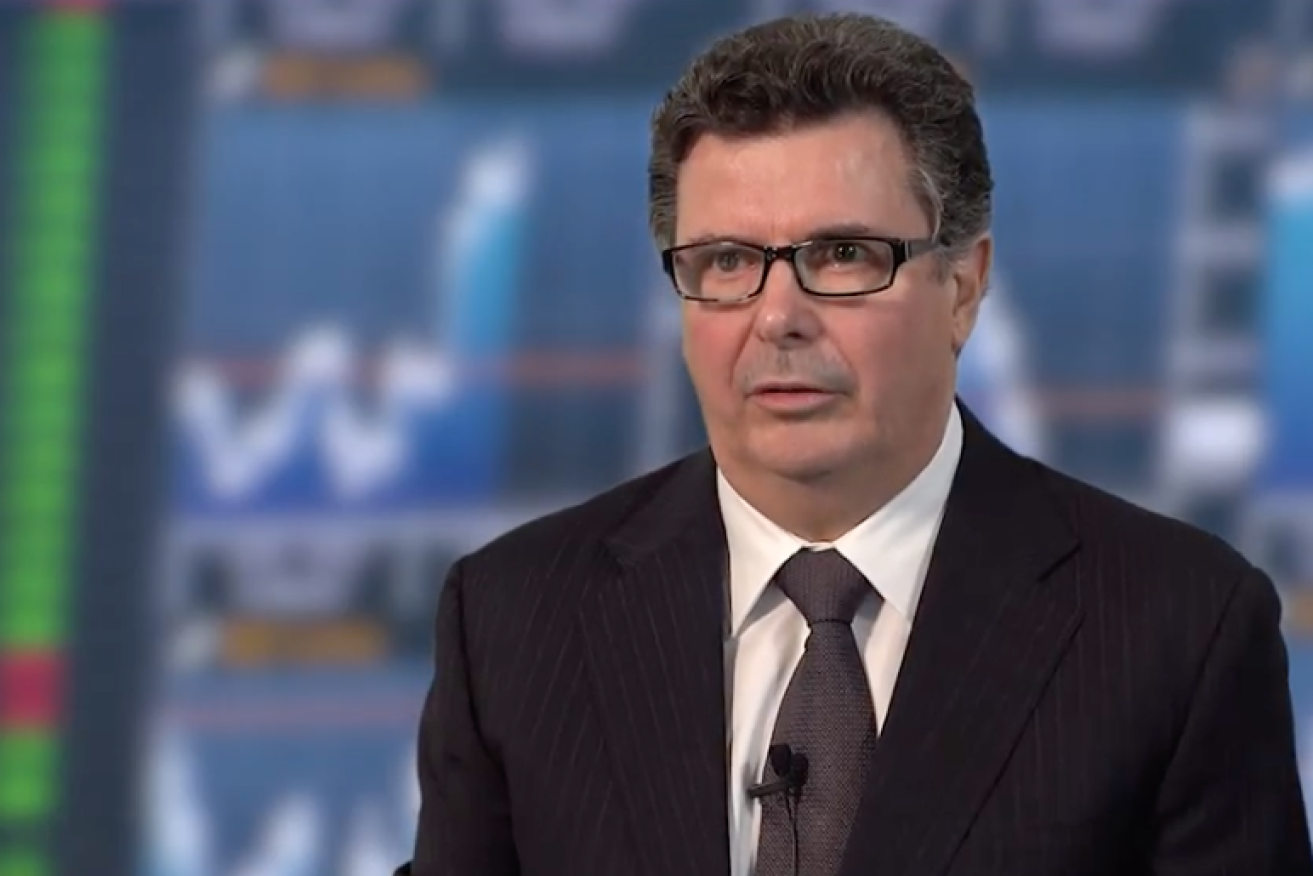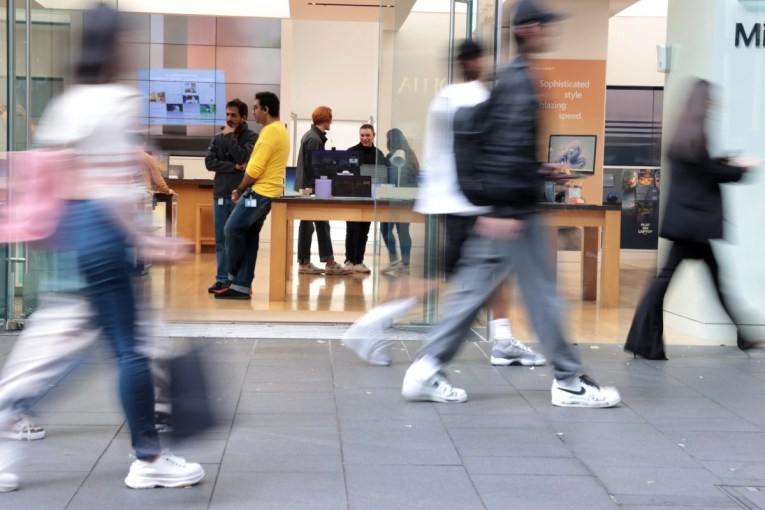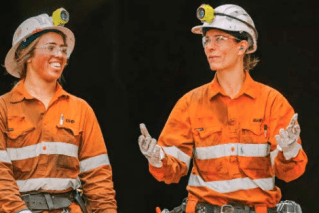State’s investment manager warns economy ‘vulnerable’ to recession
The State Government-owned QIC said the Australian economy “holding on by a thread” as interest rates climb and the risk of a recession grows.


QIC chief economist Matthew Peter (Image supplied)
The investment manager said that economic activity was slowing and there were potentially two more interest rates to come.
“Not only is the landing strip for a soft landing narrowing, it is shortening as well with both the June and September quarter growth rates now vulnerable to a negative outturn,” chief economist Matthew Peter said.
Two consecutive quarters of negative growth is a technical recession, a word Peter didn’t use.
“Evidence is emerging that businesses are at a tipping point where they can no longer simply pass on the higher unit labour costs to consumers,” he said.
He also said the Reserve Bank would be concerned about the increase in the minimum wage from the Fair Work Commission “as well as public servant agreements signed by State Governments”.
While Peter was talking about a collection of public sector wage increases there was one announced last week by the Queensland Government which would deliver a big pay rise to teachers’ aides and other public servants.
The Government announced last week that cost of living relief was on the way for state school teacher aides, cleaners, and Department of Education staff following the certification by the Queensland Industrial Relations Commission of three new agreements covering more than 40,000 public sector workers.
Under the new agreements, teacher aides, cleaners, and school and corporate staff will receive an 11 per cent pay rise over three years.
There will also be a cost-of-living adjustment payment each year of the agreement (capped at 3 per cent) if CPI in the relevant year is higher than the base wage increase.
The agreements cover around 22,000 teacher aides, 7600 cleaners, and 14,000 school support staff, staff in corporate offices, and the Office of Industrial Relations.
Peter said that given that the low-income workers and public servants that all the recent wages increased covered were predominately employed in services sectors, the RBA would be concerned over the pressure this brings to bear on services inflation.
“While some recovery in productivity growth can be expected, it will fall short of lowering unit labour cost growth to a rate that the RBA will be comfortable with,” he said.
“We can therefore expect further rate hikes from the RBA, with another 25 basis point (bp) hike in July or August, with the possibility of another 25bp rate hike to follow.”
He said unions and the Federal Government believed that businesses could absorb some of the higher wage costs through a reduction in profits.
“Do they have a case? It’s certainly true that we have witnessed a remarkable increase in corporate profits since the beginning of Covid. The ABS’s measure of company profits (corporate gross operating profits) has increased by 50 per cent since the March quarter of 2020,” he said.
“Over the same period, the total wage bill has increased by just 20 per cent.
“However, this comparison overstates the impact of the rise in profits, as around 20 percentage points of the increase in corporate profits has been due to an almost doubling of profits in the mining sector.
“The surge in mining sector profits has little to do with domestic demand and price conditions and everything to do with foreign demand and price settings. Excluding mining from the calculation shows that corporate profits increased by 32 per cent rather 50 per cent; still some 10 per cent more than the increase in the wage bill.”
This was where he said the tipping point was emerging for business.












